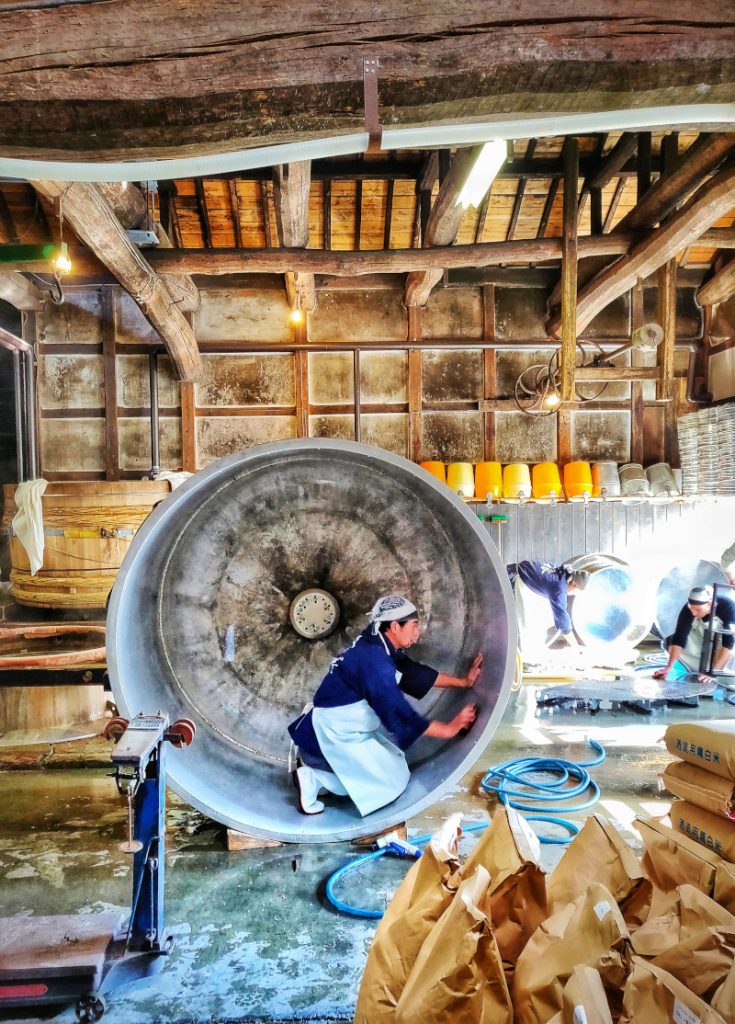Call for papers for Nordic Sociological Association 2024 conference “Sociology in a digital world” in Norrköping, 14-16 of August (see: https://liu.se/en/research/nsa2024)
Please consider sending your abstract to our session:
Behind the scenes of digital public services
Session chair(s):
Frida Alizadeh-Westerling, University of Helsinki, Finland
Karoliina Snell, University of Helsinki, Finland
Heta Tarkkala, University of Helsinki, Finland
Digitalisation is often presented as an easy solution to combatting growing costs of public services. Digitalised public services are associated with smooth service provision regardless of time and place, possibilities to automate decision-making and new types of predictive services. However, sociological research has pointed out how careless implementation of digital services might cause novel forms of powerlessness, discrimination, or inequality. While it is important to understand customer experiences and consequences of digitalisation for citizens, in this session we approach digitalised public services from another angle. We are interested in how and why are these services designed, constructed, and implemented? What kind of visions of services, citizens and society drive digitalisation? How are work tasks and organisational responsibilities changing in public services and what new types of digital and data work emerge? What kind of ideology or digital design is embedded in digital systems?
We invite contributions that discuss what precede or takes place behind digitalised services and systems. For example: what kind of visions or digital design principles they are based on, what kind of work is required to keep them functioning, or what kinds of new practices or roles they give rise to? This could mean examining hidden labour, design patterns or identifying clever workarounds and fixes in everyday work. It could also be an analysis of organizational implementation of certain visions related to outcomes of new, digitalised technologies and datafication. We welcome wide variety of conceptual and theoretical choices, discussing empirical cases based on digital public sector.
Technicalities concerning submission:
“A submission of an abstract must be in the form of a document (Word or PDF) that you upload in the submission system, and the document must contain the title of your presentation, the abstract text (max 500 words, including would-be references), your name, your email, and your affiliation. One abstract may be submitted per person: NSA2024 allows for maximum one presentation per person, but a presentation/paper may of course have co-authors.”
